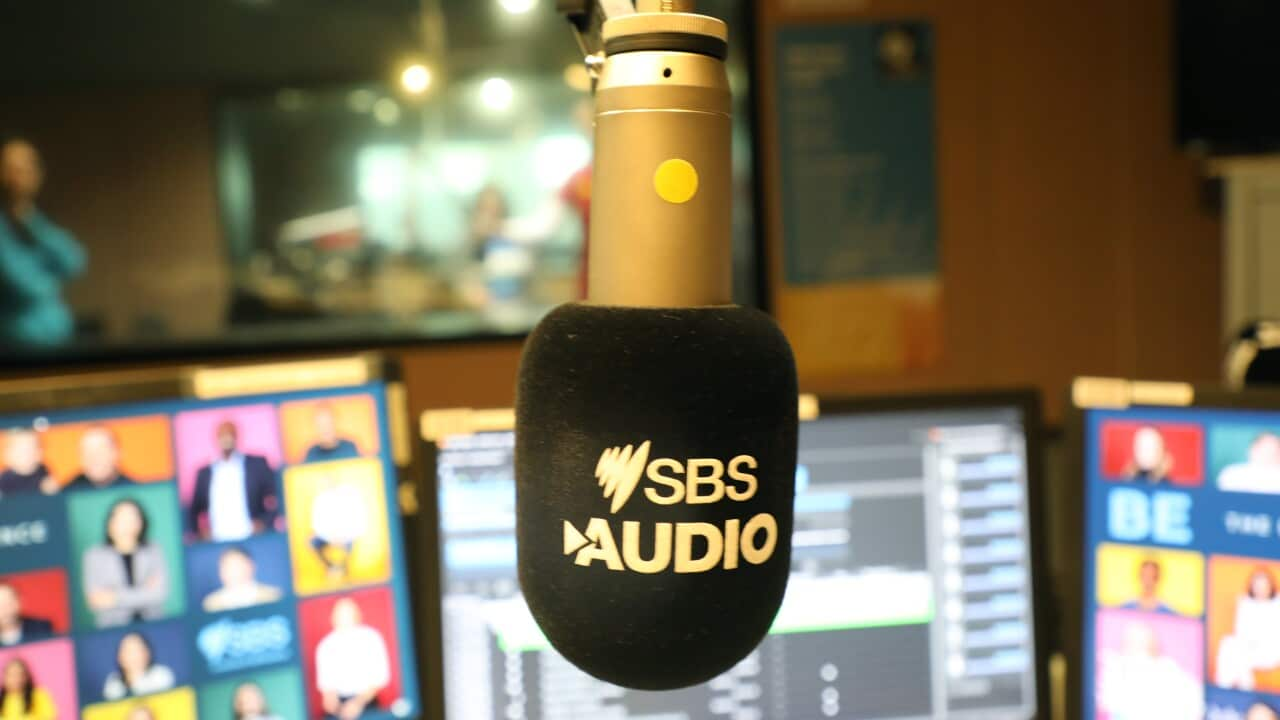Highlights
- The investment requirement for the Significant Investor stream has remained the same at $5 million, while applicants in the Investor stream now have to invest $2.5 million.
- The change for the 188A is that the level of investment has been increased, so the personal and business assets has been increased from $800,000 to 1.25 million dollars, and the turnover requirement have also been increased.
- Mr Ben Watt says that under the Entrepreneur stream, the pathway to permanent residency has also been simplified. All applicants for this 4 streams, must be nominated by a State or Territory government.
The Business Innovation and Investment Program provides an opportunity to investors, innovators, entrepreneurs and people with business skills and experience to migrate to Australia. Since 2012, the program has contributed nearly $16 billion in investment in the Australian economy. Now, for the first time since 2012, the government has introduced some significant changes. Founder and Principal Immigration Lawyer at Work Visa Lawyers, Chris Johnston, says the number of visa streams in the program has been cut to four from nine.
“The straight to permanent residency option, which was the 132 Visa, has been removed, and so now, all of the Business Investor’s visas are going to be within the Subclass 188, and then they’ll make a transition to permanent residency through the 888.”
Those that remain are Business Innovation, Entrepreneur, Investor, and Significant Investor streams.These four streams fall under Subclass 188, which is a provisional visa with a pathway to permanent residency under subclass 888 visa. Mr Johnston says the provisional business visas are now granted with a longer validity period.
“One of the changes for the 188 visas is that they have got a different duration. So, they are going to granted for five years, so it’s an extra year, and to progress to permanent residency, certain things will need to be achieved for three years. So, this has the advantage of giving a little bit more time and flexibility to the applicant to be able to meet the requirements before progressing on to permanent residency.”
“Someone might have a really good idea for like an application for say something like suicidal awareness or mental health or something like that that’s very positive that and may not have the biggest financial rewards or return but by bringing that it and convincing the state that it’s a great innovative idea, and it’s something that could contribute to the state you may potentially be able to get a permanent residency with something that is socially good, and not just the money maker, do you know what I mean, that’s a very good change.”




